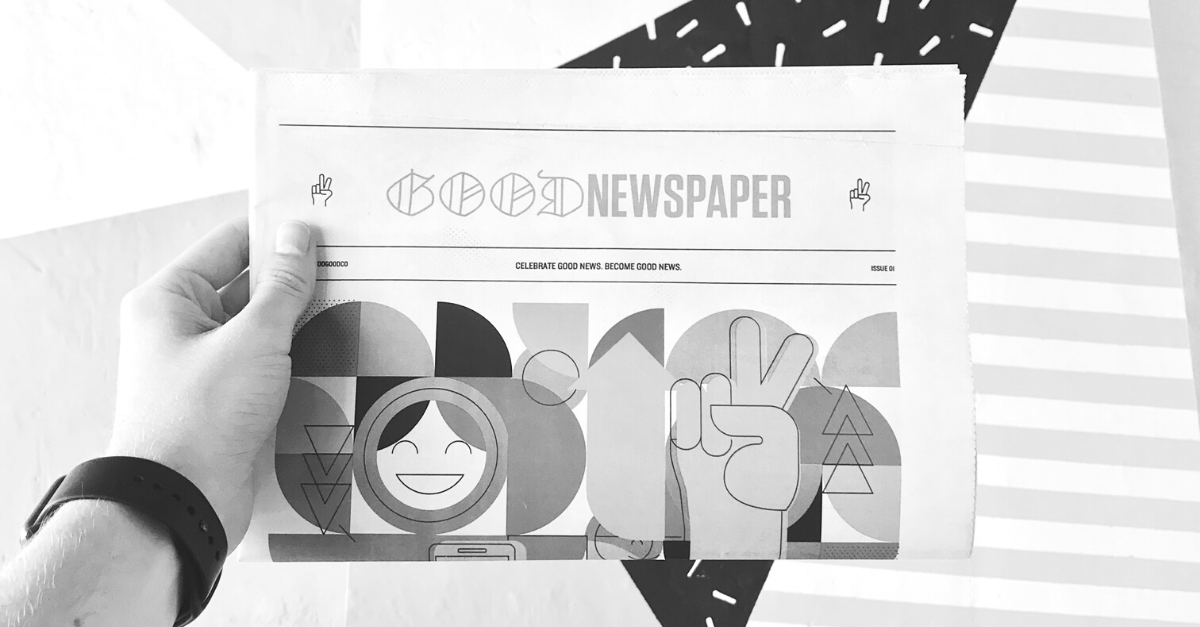Ever heard of positive reinforcement? I’m sure you have, but when was the last time you used it to effectively shift behaviour and transform your team?
There are two types of reinforcement that you can use to incite behaviour change. Today our focus is set firmly on the positive type and how you can start using it in your workplace.
If you’re feeling curious, keep on reading to find out what this whole positive reinforcement thing is about.
What is Positive Reinforcement?
So, let’s start by looking at this very common term, positive reinforcement, and decipher each component individually.
- Positive means to add something to the situation.
- Reinforcement aims to increase the desired behaviour.
Essentially, a positive reinforcement strategy is one that adds something else to the equation in order to see more of a desired behaviour.
What is the best type of Positive Reinforcement?
Want to know the most common and arguably the best positive reinforcer known to mammals? Yep – you got it – praise (congratulations, you rockstar!).
Praise works phenomenally well on human beings and other mammals. If you have a dog, you know where we’re coming from. Your pooch will almost starve itself for praise, and human beings are eerily similar.
In saying that, when was the last time you praised your team for a job well done?
Seriously, have a think – was it yesterday, a week ago, two weeks ago… a month ago? If you can’t pinpoint a time when you praised your team members recently, it’s high time you stepped into the power of positive reinforcement.
A study by McKinsey found that 67% of employees saw praise or commendation as more of a motivator than financial reward. So as much as you may think your team want Westfield Gift Cards and a salary bump, take a moment to consider how you can inject some positive praise into your weekly interactions with your team.
Practical tips for using Positive Reinforcement in the workplace:
#1: Don’t be predictable.
If you get into the habit of saying ‘great job today’ every single afternoon to each of your team members, the praise will become repetitive and it’ll lose its power.
Don’t take our word for it though, here’s the science of it. Your brain has a special function called the reticular activating system (RAS). It’s integral for our survival, and it is the part of our brain that sorts through different information that we come into contact with throughout the day. This information is in the form of what we see, hear, smell and experience.
If you didn’t have your RAS, you would get overloaded with information and spin out of control. It’s because of this part of the brain that when someone says ‘Hi, how are you going’ our default response is ‘good’. There’s no new information in that question and therefore, we pay no attention to answering that question any differently.
So, if you’re wondering why your team don’t seem any more engaged or motivated even when you say ‘great job today’ every single afternoon, it’s because of the way our brains are wired.
Positive reinforcement works best when its intermittent and can’t be predicted. Once a reinforcement schedule can be predicted, it starts to lose its motivational effect.
#2: Praise the effort, as well as the outcome.
Research about the use of praise has been done over the past 20 years, championed by Stanford researcher Carol Dweck.
It turns out that when people are praised for effort and believe that effort is the key determinant of success, they see failure as an opportunity for learning. When people are praised for their natural abilities and believe that talent is the key determinant for success, they see failure as a reason to give up.
In short, giving positive reinforcement for behaviours within a person’s control rather than praising natural ability is far more effective.
#3: Consider the impact.
At the end of a project that Allan has put six months of his life into, don’t say, ‘Yeah, good job Allan,’ and walk off. He’ll be sitting there thinking, ‘Is that it?’.
Whereas Jo, who’s been working on a spreadsheet for six minutes doesn’t expect to hear, ‘Everyone! Look at what Jo’s done! It’s fabulous!’.
Make sure that your praise matches the circumstances and you’ll achieve intermittent patterning with positive reinforcement.
#4: Remember, praise doesn’t have to be verbal.
As much as a kind word face to face is powerful, there are other ways that you can praise your team and reinforce positive behaviours. For example, you could nominate a team member for an industry award or write a handwritten letter of gratitude for their work.
Remember, small things can have a very big impact. Every situation is different, so the guiding principle is to dial up the praise for the big stuff and dial it down for the little stuff.
So, there you have it, the full low-down on all things positive reinforcement. If you want to learn more about the science of human behaviour and how it can help you to become a better manager, give this book a read.


